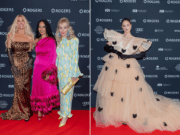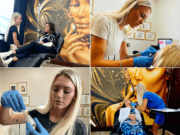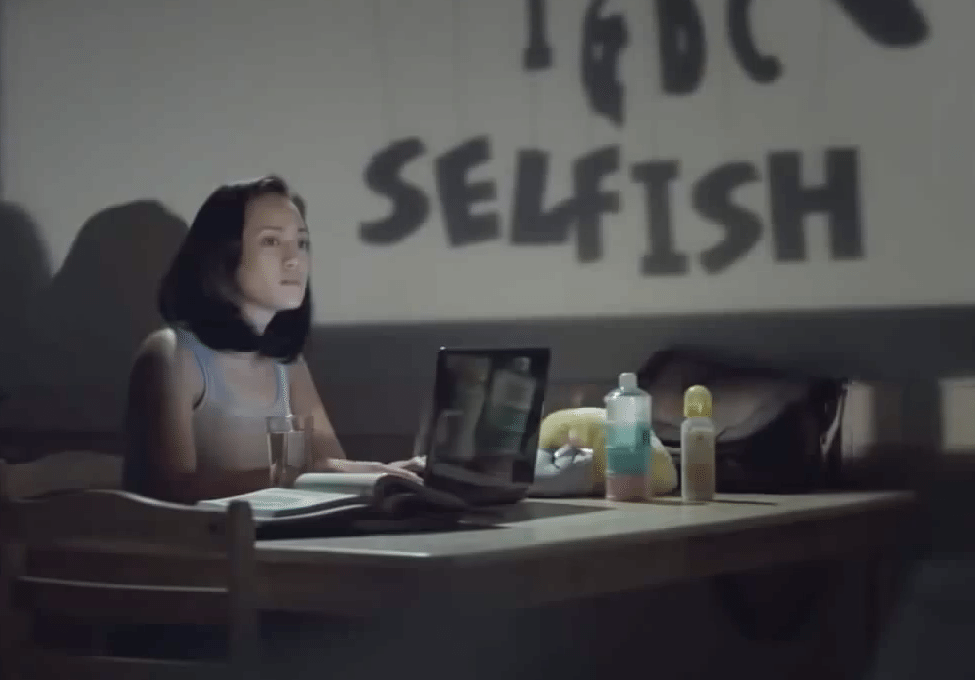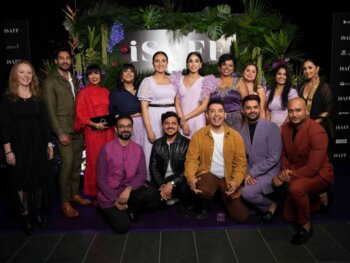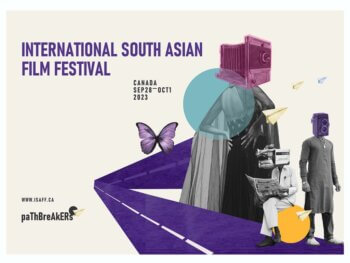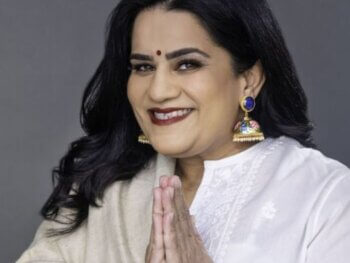Women all around the world who occupy positions in the corporate or non-corporate setting are often faced with the infamous glass-ceiling phenomenon. Glass ceiling is the term used to describe the 'barrier that keeps minorities and women from rising up the corporate ladder, regardless of their qualifications or achievements.'
Pantene Philippines recently released an shampoo advertisement that showcased this very sexist attitude which has been met with mixed response globally. It was Facebook's COO Sheryl Sandberg and the author of the book, Lean In‘s endorsement of the advertisement that placed it on the international social media map.
 The advertisement centers on gender labelling that exists within the workplace. It highlights both good looking men and women with different labels and sparks a relevant and important discussion on the double standards that women experience in their workplace especially corporate organizations. The unassuming one-minute advertisement starts with two good-looking men and women entering boardrooms. Behind them, the labels “boss” and “bossy” flash as signboards outside the window of their conference rooms.
The advertisement centers on gender labelling that exists within the workplace. It highlights both good looking men and women with different labels and sparks a relevant and important discussion on the double standards that women experience in their workplace especially corporate organizations. The unassuming one-minute advertisement starts with two good-looking men and women entering boardrooms. Behind them, the labels “boss” and “bossy” flash as signboards outside the window of their conference rooms.
Labels continue to follow both men and women in the remaining advertisement. The labels are dichotomous contrasting positive words used to describe men with negative words for women.
If a man takes charge, he is seen as a “boss” while if a woman takes control, she is perceived as “bossy.” A man giving a speech is understood as “persuasive” while a woman giving a similar speech on the podium is understood as “pushy.” A man working late at night is showing “dedication” to his family obligations and responsibilities whereas if a woman focuses on her career, she is thought of as “selfish.” While a man is viewed as “neat” if he focuses on his looks, a woman is stereotyped as “vain.” A man walking with style is understood as “smooth” while if a woman tries to draw attention to her self, she is misunderstood as trying to “show-off.” It ends with an uplifting note – “Don’t let labels hold you back – be strong and shine.”
 I am no “feminist” and do not identify entirely with the politics of feminism but holding an M.A. in Women’s studies from Western and a graduate certificate in Women’s Studies from University of Michigan, Ann Arbor, suffice to say, I have had time to think and shape my politics. This Pantene ad does cleverly bring to light the unfair stereotype and seeks to break these troubling dichotomies that exist. However, that being said, it is not always the case that all women and all men are associated with the labels that the advertisement proposes.
I am no “feminist” and do not identify entirely with the politics of feminism but holding an M.A. in Women’s studies from Western and a graduate certificate in Women’s Studies from University of Michigan, Ann Arbor, suffice to say, I have had time to think and shape my politics. This Pantene ad does cleverly bring to light the unfair stereotype and seeks to break these troubling dichotomies that exist. However, that being said, it is not always the case that all women and all men are associated with the labels that the advertisement proposes.
At the heart of the advertisement though is the age-old question about women struggling to become career-oriented women while trying to maintain a family and home.
When first watching the advertisement, I was confused and did not really understand its message. It was not until I watched it again that I found that the advertisement's complexities. Its message is not explicit but implicit. It begs us to rethink gender stereotypes of women in workplaces. If a woman chooses to become career-oriented, she is expected to maintain both her career and home life balance. This being said, the aforementioned observations are not universally true but vary from country to country.
Susan Krashinsky observes that companies are now attempting to “try to resonate with customers by declaring that they stand for something, and presenting a more human face. In this case, that strategy has led to a free campaign boost from one of the world’s most famous career women.”
Do you think these types of 'in ya face' ads can act as a political agent and help break the glass ceiling for good? Watch the commercial for yourself and tweet us your thoughts.
Source: youtube, globeandmail.com, celebnmusic.com, blog.stylesight.com
Photo Credits: Pantene Philippines/Facebook
Video: Premium AdvertsYoutube
Nidhi Shrivastava
Author
Nidhi Shrivastava (@shnidhi) is a Ph.D. candidate in the English department at Western University and works as an adjunct professor in at Sacred Heart University. She holds double masters in South Asian Studies and Women's Studies. Her research focuses on Hindi film cinema, censorship, the figure o...




